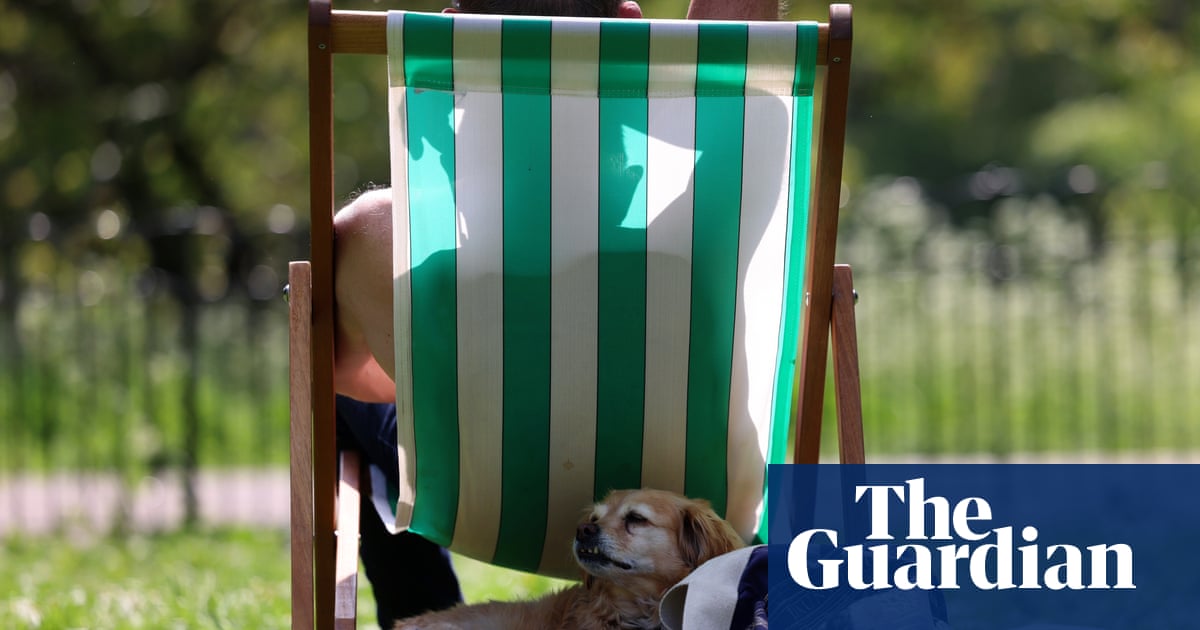
"Extreme heat events are becoming more frequent and intense, raising questions about the long-term resilience of wildlife in the UK. Animals have evolved various cooling tactics, but these strategies come with costs, affecting their ability to find food and reproduce."
"Most animal species have not evolved the ability to sweat. Dogs and some birds use panting, while others like pigeons and herons utilize gular fluttering to dissipate heat. Earthworms and snails retreat underground to avoid hot conditions."
As the UK faces a third heatwave of 2025, wildlife is struggling to adapt. Each species, from cows to earthworms, has developed unique strategies for cooling. Many animals, unlike humans, do not sweat; instead, they use panting, gular fluttering, or retreat to cooler areas. These adaptations help but can also hinder their ability to find food and mate during extreme heat. The frequency and intensity of heat events are leading scientists to question the long-term resilience of these species. Preservation of wildlife may require additional human intervention as climate changes persist.
Read at www.theguardian.com
Unable to calculate read time
Collection
[
|
...
]